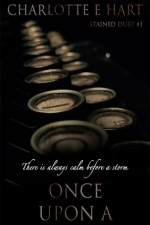
Once Upon A (The Stained Duet #1)
Book
Alana Williams is three published authors. She has been for years, but now she wants to add another...
anti-hero bdsm contemporary dark erotic romance
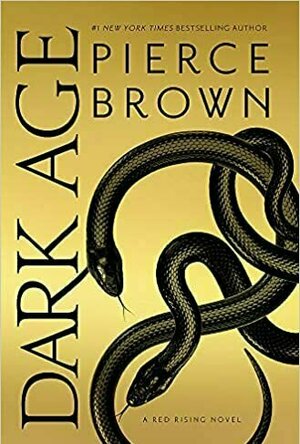
Dark Age (Red Rising Saga #5)
Book
For a decade Darrow led a revolution against the corrupt color-coded Society. Now, outlawed by the...

Stolen (Saving Setora #1)
Book
t all began when the road warriors found me outside Hell’s Burning, lost and dehydrated. When the...
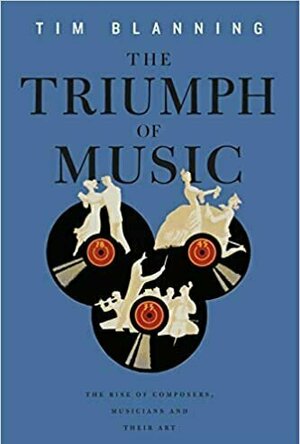
The Triumph of Music: The Rise of Composers, Musicians and Their Art
Book
A distinguished historian chronicles the rise of music and musicians in the West from lowly...
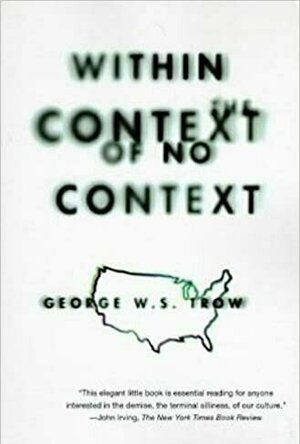
Within The Context of No Context
Book
Written originally for a special issue of The New Yorker and reissued here with a new forward by the...
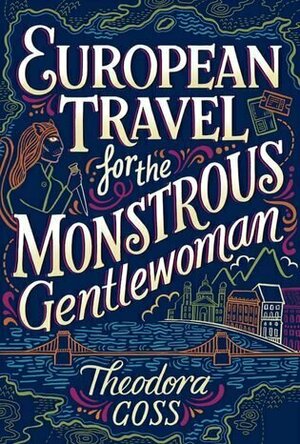
European Travel for the Monstrous Gentlewoman (The Extraordinary Adventures of the Athena Club #2)
Book
In the sequel to the critically acclaimed The Strange Case of the Alchemist’s Daughter, Mary...
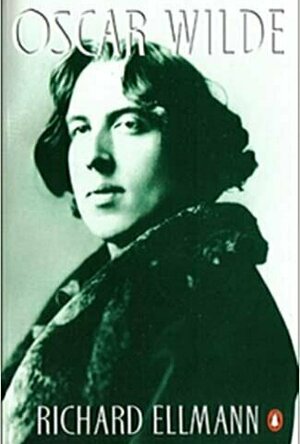
Oscar Wilde
Book
In this long-awaited bioraphy, Wilde the legendary Victorian - brilliant writer and...

Elites of Eden: A Novel
Book
Two girls, one destiny. Yarrow is an elite: rich, regal, destined for greatness. She's the...
young adult
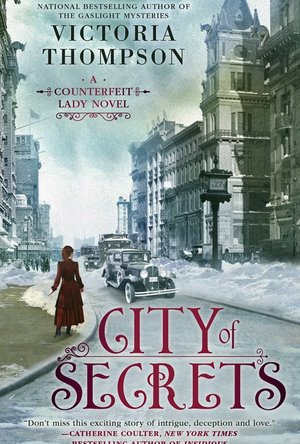
City of Secrets
Book
Elizabeth Miles knows that honesty is not always the best policy when it comes to finding justice. ...
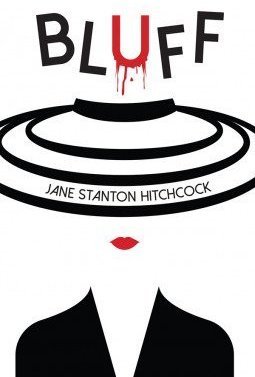
Bluff
Book
One-time socialite Maud Warner polishes up the rags of her once glittering existence and bluffs her...